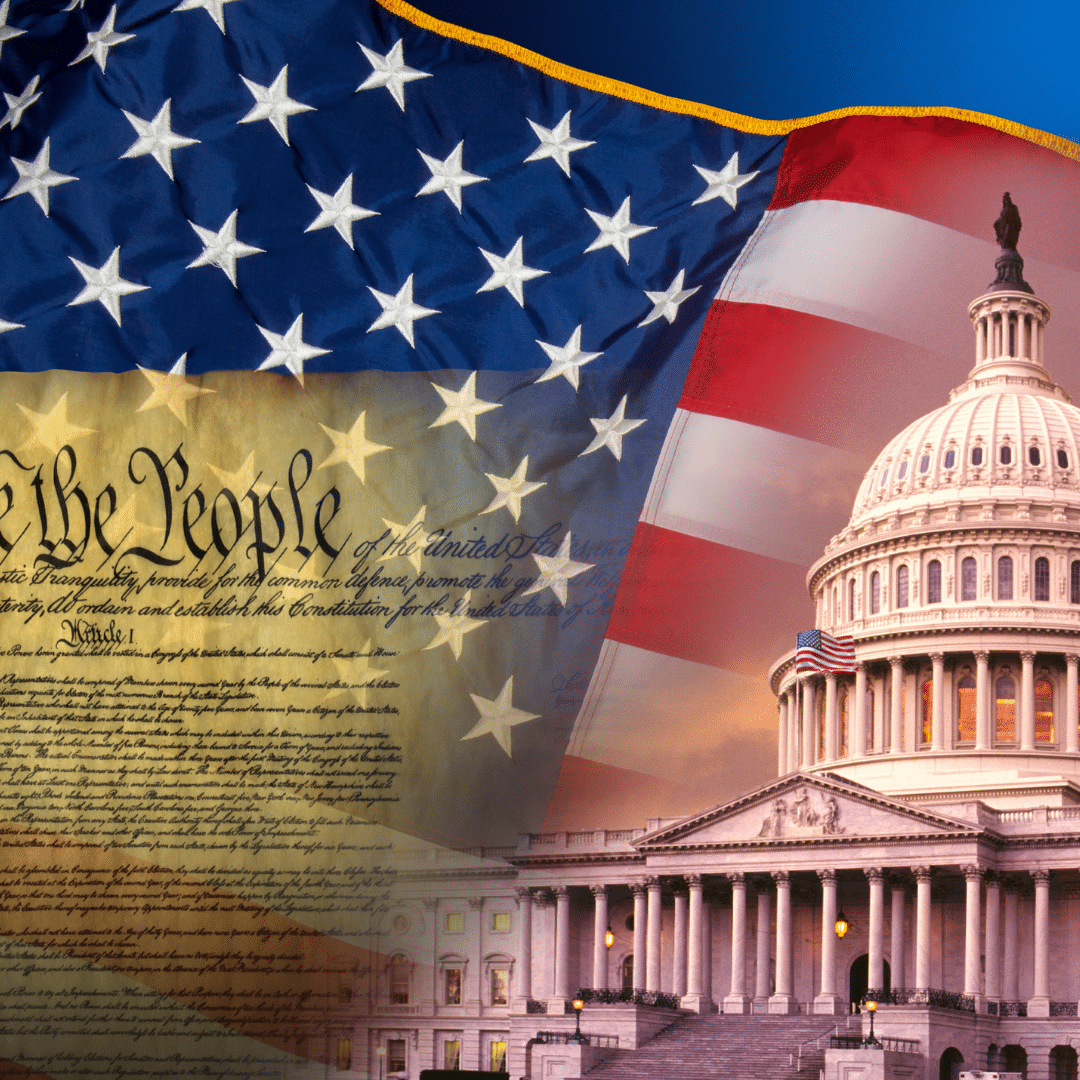By Katie Franklin
The loss of a sitting Supreme Court Justice is great, and in the political climate we are currently living, that loss is all the greater.
Many are remembering Ruth Bader Ginsburg as a “champion of gender equality” and a “leading litigator for women’s rights,” all in line with the “Notorious RBG” canonization people have bestowed on her for years.
But unfortunately, her legacy also includes the defense of one of the most dehumanizing practices women and children have ever suffered in United States history.
That practice is, of course, abortion.
In her 27 years on the Court, Ginsburg went so far as to defend partial-birth abortion twice, once in Stenberg v. Carhart (2000) and again in Gonzales v. Carhart (2007). Years later in Whole Women’s Health v. Hellerstedt (2015) and June Medical Services LLC v. Russo (2020), she sided with the abortion industry, knocking down Texas and Louisiana laws which aimed to hold abortionists accountable to basic health and safety standards.
While many commentators and news outlets are lauding her for her fight against pregnancy discrimination, in 2018, Ginsburg sided against America’s pregnancy help centers—life-affirming outposts which aim to help women through the many hurdles of an unexpected pregnancy and new motherhood (NIFLA v. Becerra).
And yet—despite her consistent defense and advocacy for legal abortion, Ginsburg held a nuanced opinion on Roe v. Wade, the landmark Supreme Court decision which legalized abortion all across the U.S. in 1973.
That decision, she argued, was far too sweeping.
By knocking down abortion restrictions in all 50 states, legalizing the practice through all nine months of pregnancy, and orienting the decision around the practice of abortion rather than equality, the Court, she said, had created a “target” for pro-lifers.
“That was my concern, that the court had given opponents of access to abortion a target to aim at relentlessly,” she told a crowd of students at the University of Chicago Law School in 2013. “… My criticism of Roe is that it seemed to have stopped the momentum that was on the side of change.”
Indeed, since it was decided in 1973, Roe has remained one of the most controversial decisions in Supreme Court history.
In the following decades, more than 60 million abortions have occurred in the U.S. Yet many states have made advances in protecting unborn babies, challenging Roe and forcing the Supreme Court to consider limits to the culture of “abortion-on-demand.”
Abortionists like Philadelphia’s Kermit Gosnell and Indiana’s Ulrich Klopfer have revealed the grisly reality of abortion. Thousands, if not millions of women, have come to regret their abortions. And abortion survivors themselves are speaking out.
Additionally, more than 2,750 pregnancy help centers have risen up to meet the needs of women, men, and children all across the country, posing a loving alternative to the heartbreak of abortion.
Ginsburg was a studied, hard-working, and accomplished woman, and her colleagues—regardless of their Constitutional interpretation—clearly respected her as a person and legal mind.
As Planned Parenthood and NARAL dig in their heels and prepare to smear the yet-unnamed Supreme Court nominee, we must remember the truth: Roe v. Wade was an extreme decision that ushered in the deaths of millions of innocent babies. And not even Ruth Bader Ginsburg—an avowed defender of legal abortion—believed it was good law.


Recent Comments